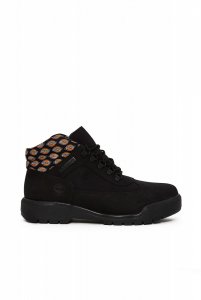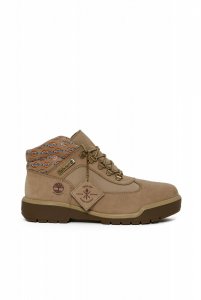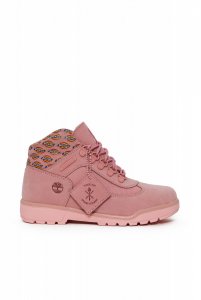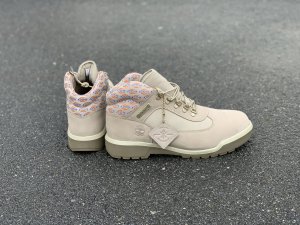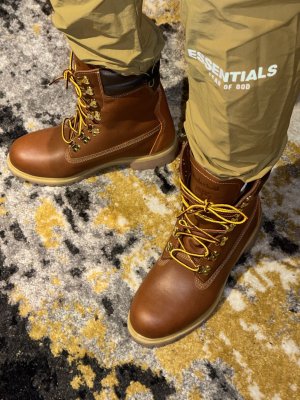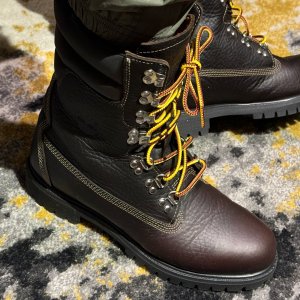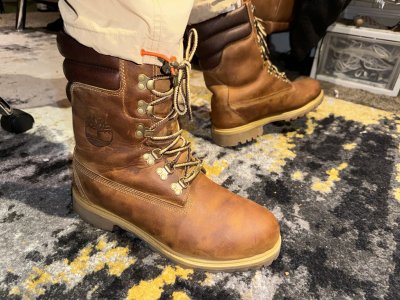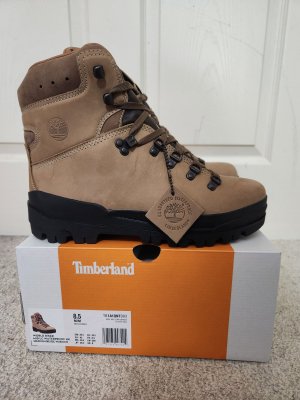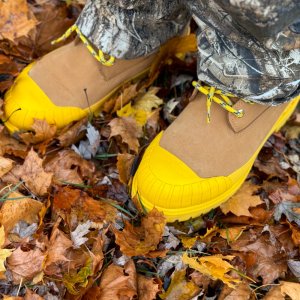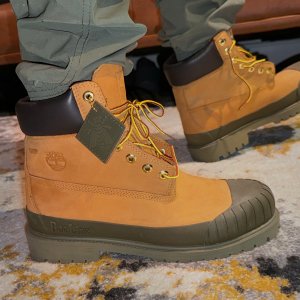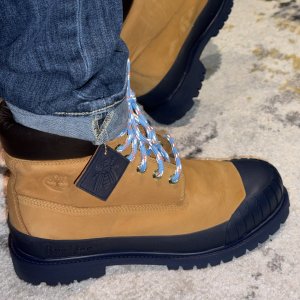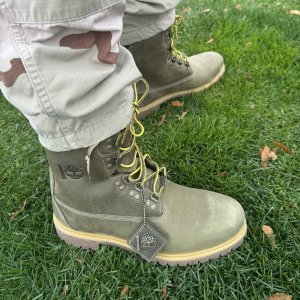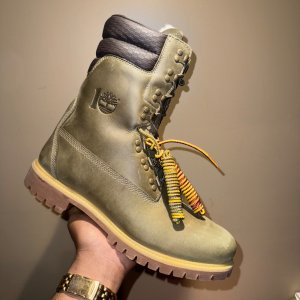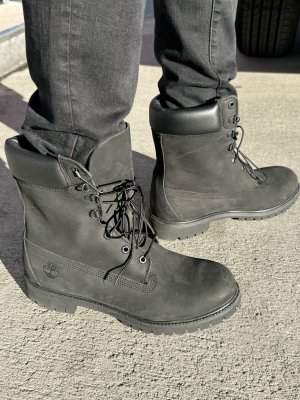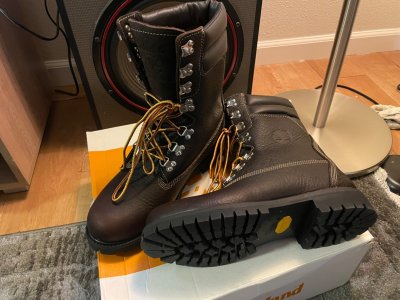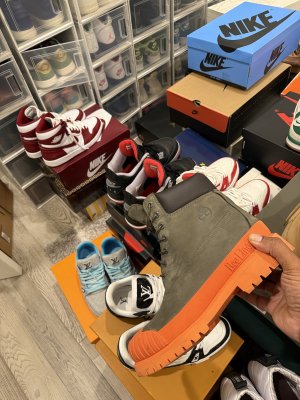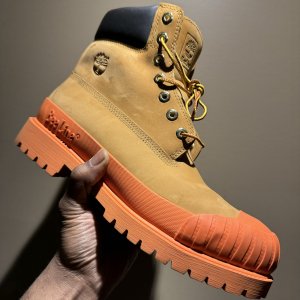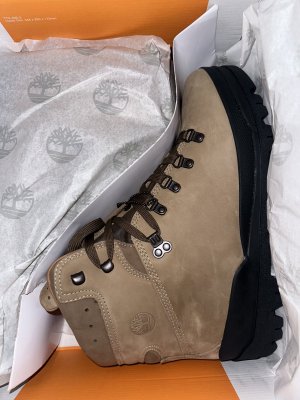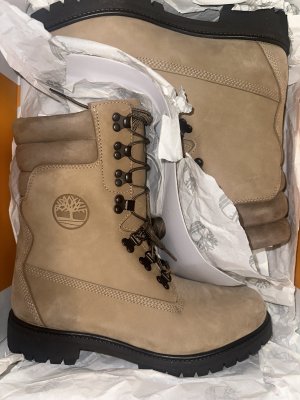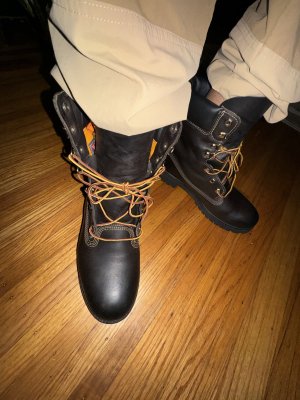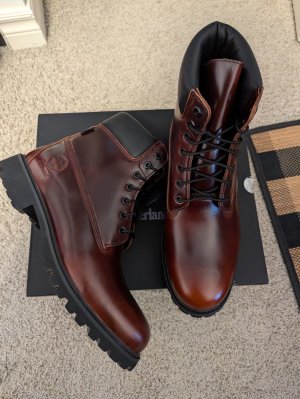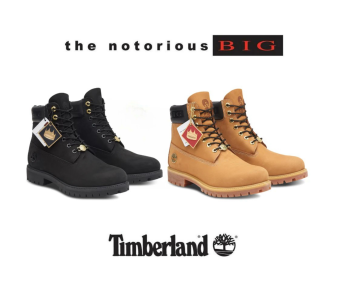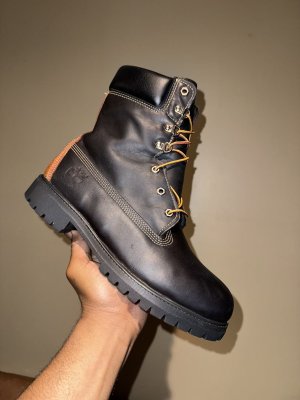Is my memory off or did one time Timberland wanted no association with the "urban" crowd
source article from way back documented it.
The story behind the brand’s popularity in hip-hop circles is a strange one; Timberland never intended for their boots to be worn by rappers, and found the association so far removed from their blue-collar roots that they at first tried to distance themselves from their new-found “urban” audience. But like so many brands who found popularity in places they didn’t know existed – Converse, Dr. Martens and Vans, to name a few – the subculture association has become such a large part of the brand’s identity that today that it’s hard to imagine them without it.
In the early ’90s, when Timberland was serving its core customer base of blue-collar workers – who adored the brand’s boots for their hard-as-nails construction and superior waterproofing – the company noticed a strange thing happening in New York City. The Big Apple’s hustlers, rappers and scoundrels, miles away from Timberland’s rural heartland and oblivious to the brand’s blue-collar reputation, had become obsessed with their boots.
As consumer journalist Rob Walker reports in his book Buying In, “the legend goes that the first ‘urban’ buyers of Timberland boots were New York drug dealers – guys who had to stand on the street all night and needed the best possible footwear to keep them warm and dry.” Ever keen to enhance their hustler credentials, the city’s rappers followed suit, and soon the boot was everywhere; on Tupac’s feet, in Biggie’s lyrics, on Wu-Tang’s feet and in Mobb Deep’s artwork. Rap magazine Vibe reported that “everyone from thugs to step teams were stalking, walking in their six-inch construction boot,” as they “stood up beautifully to urban elements like concrete, barbed wire, and broken glass.”
As a brand priding itself on its rugged, salt-of-the-earth roots, Timberland actively tried to distance itself from this new-found street cred. Timberland’s CEO Jeffrey Swartz (and grandson of the company’s founder Nathan Swarz) told The New York Times in the early ’90s that “If you want to buy us and you are not our target customer, we don’t have a point of distribution that speaks to your lifestyle
We examine the history of the Timberland 6" Boot, and its journey from humble workwear staple to global icon of hip hop style.

www.highsnobiety.com




